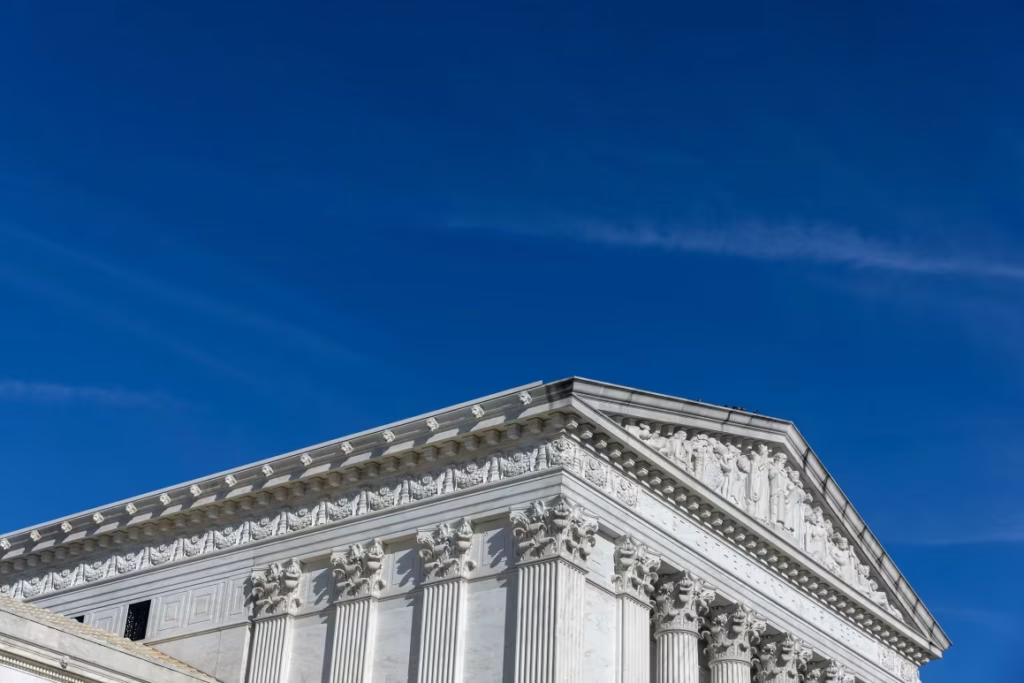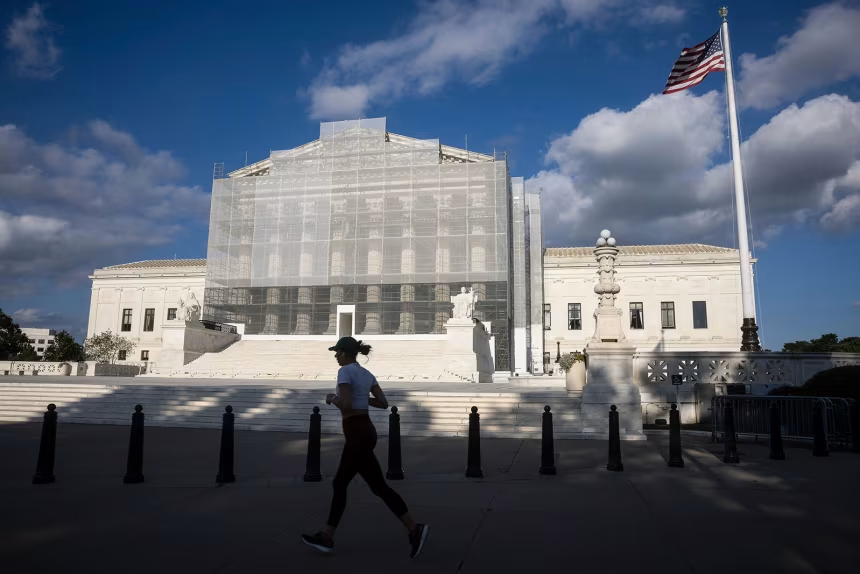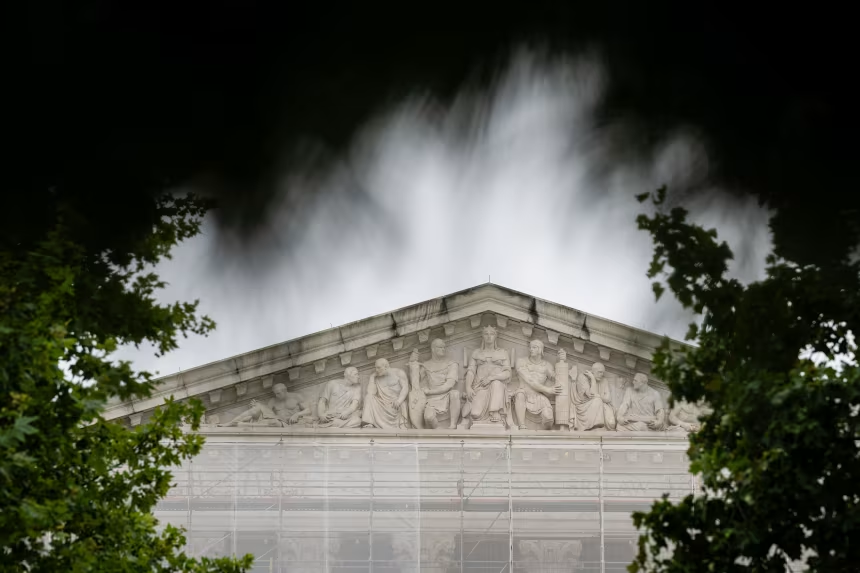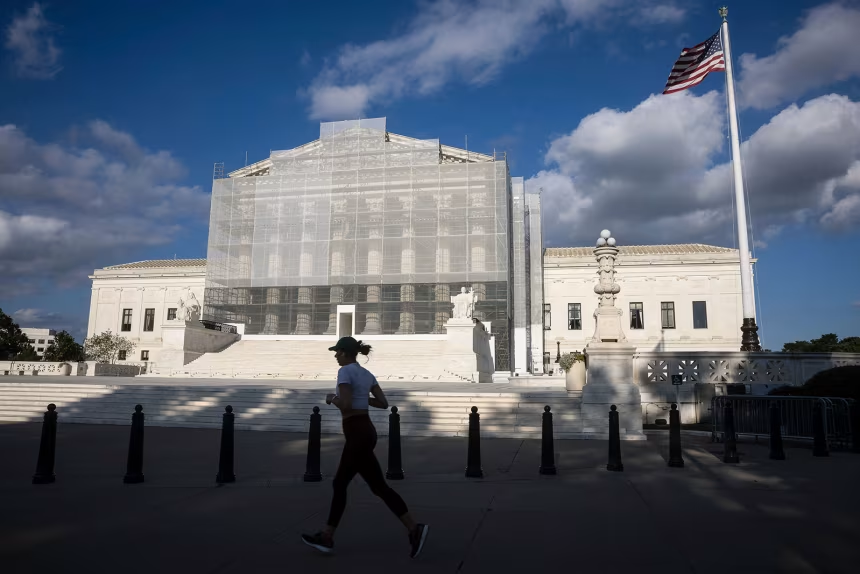The U.S. Supreme Court has opened its latest term, and many are calling it “never ending” — not just because of how long high-stakes legal battles can stretch, but because the decisions made here will resonate far beyond the coming months. With a docket full of controversial cases and constitutional tests, this term could reshape the balance of power, civil rights, and American politics.
One of the central focuses this term is presidential authority. Cases will probe how far the president can go in setting tariffs, removing officials from independent agencies, and exercising emergency powers. Legal questions about the separation of powers, checks and balances, and the limits of executive actions are likely to take center stage.
Beyond executive power, the Court is set to hear several culture war cases that have polarized the nation. Issues such as conversion therapy bans for minors, restrictions on transgender athletes in school sports, and the constitutionality of certain LGBTQ policies will come under scrutiny. The outcomes could alter how states regulate social policy and civil liberties.
Another watchpoint is voting rights and race. Map redistricting challenges, voting laws, and protections against discrimination will be contested. With the Court’s composition leaning conservative, observers wonder how aggressively precedent will be revisited or reinterpreted in these areas.
Also on the horizon are criminal justice and civil procedure cases. Among them are issues like how far courts must defer to state malpractice laws, the rights of defendants in criminal trials, and how federal courts should handle disputes over state high court rulings.
Finally, the shadow docket practice remains under scrutiny. The Court’s use of emergency rulings without full briefing or oral arguments has grown in recent years, and many critics argue this method sidesteps transparency and accountability.
This term is not just another nine months for the Supreme Court — it could be a turning point. As justices deliberate, their rulings may redefine how power is shared, how rights are protected, and how law works in America.







